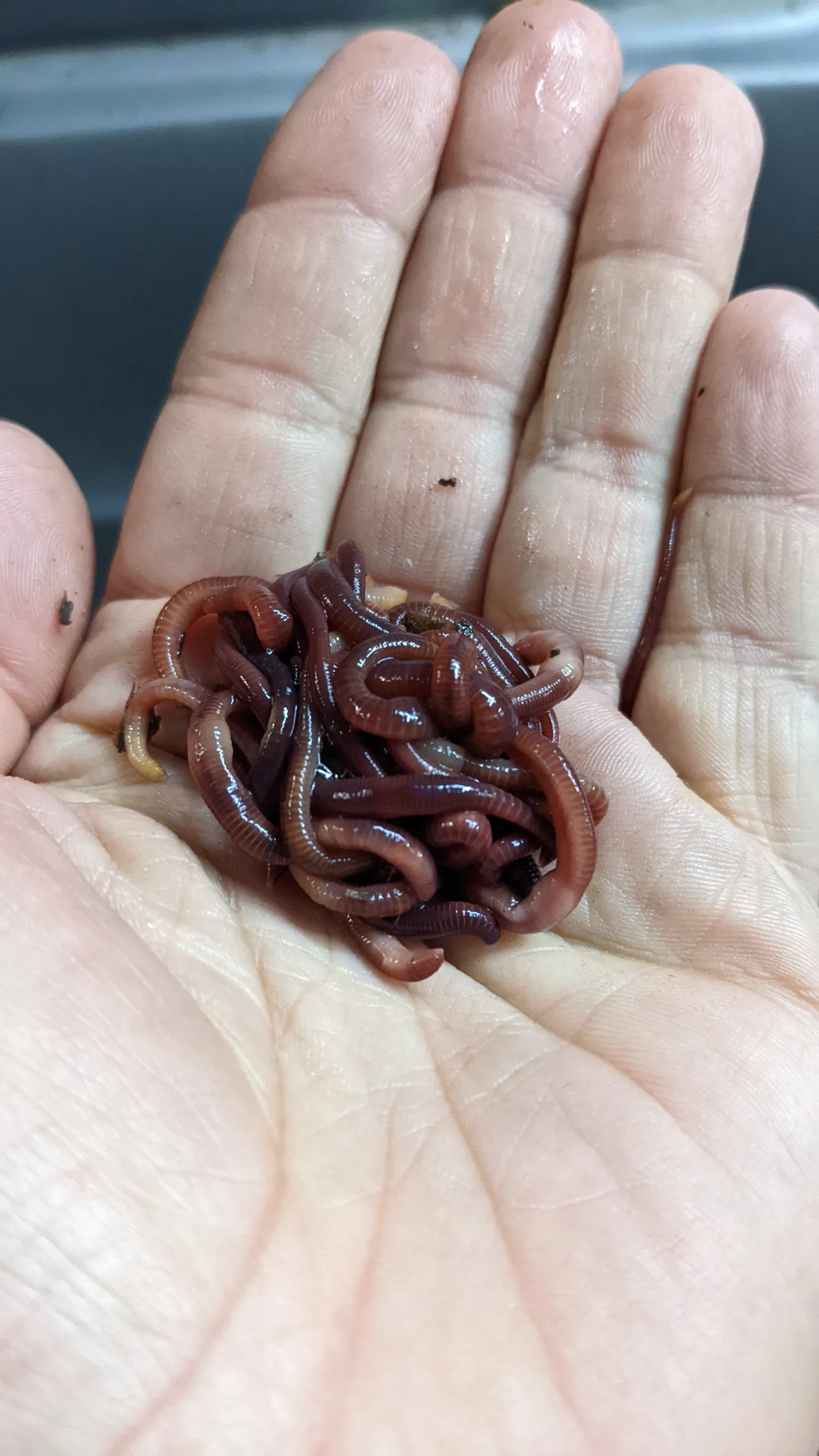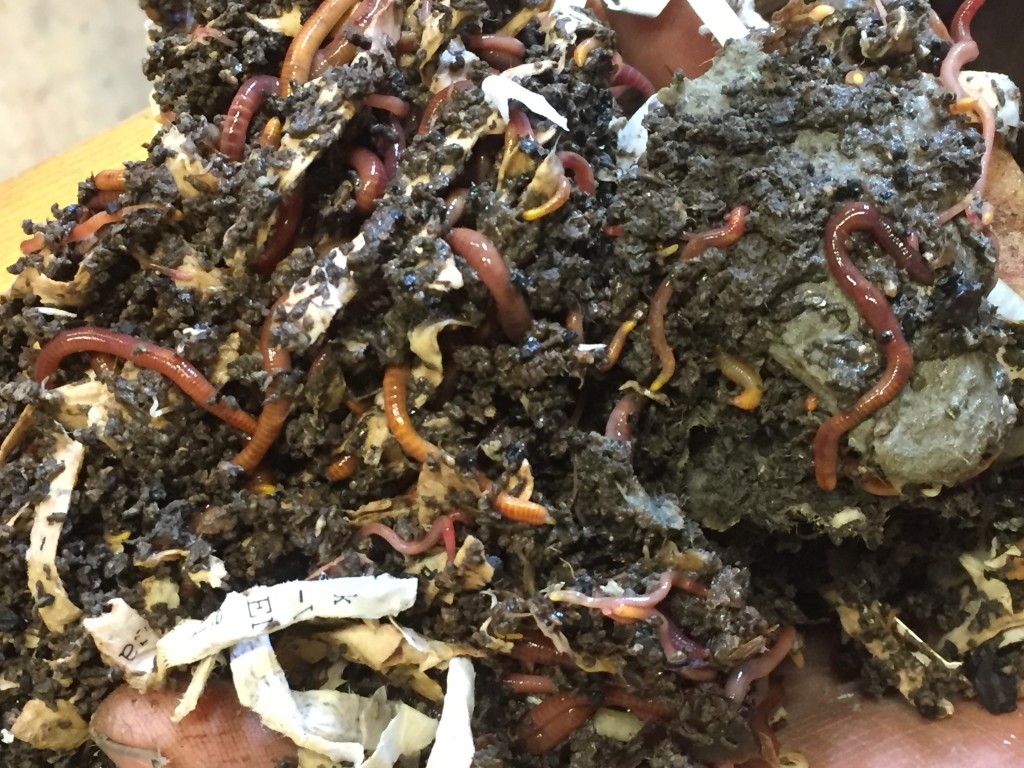An Unbiased View of Red Wiggler Express
An Unbiased View of Red Wiggler Express
Blog Article
Some Ideas on Red Wiggler Express You Should Know
Table of ContentsLittle Known Questions About Red Wiggler Express.Some Known Details About Red Wiggler Express Red Wiggler Express Fundamentals ExplainedNot known Incorrect Statements About Red Wiggler Express
Vermicomposting absolutely isn't a brand-new practice. We've been doing it below at Uncle Jim's for years. With the worldwide press for sustainability and with environment-friendly practices expanding in popularity, people are ultimately coming around and acknowledging the environmental advantages of red wiggler worms and composting. In this write-up, we'll go over how vermicomposting sustains lasting horticulture and the environmental advantages of red wigglers and various other earthworms.
This is the short of it. If you desire to review in-depth concerning red wiggles, we have a whole write-up committed to them below. Currently, let's enter the nitty-gritty of how these worms sustain lasting gardening practices and benefit the setting: Worm composting resembles a health facility day for your dirt.
When incorporated into your yard soil, these castings boost its structure, oygenation, and water retention. This assists with plant development and health and wellness and does not require making use of any kind of chemicals. Did you know that natural waste composes a substantial part of landfill product? And disintegrating organic waste in landfills develops big amounts of garbage dump gas (LFG), which is consisted of around 50% CO2 and 50% methane a greenhouse gas approximately 28 even more powerful than carbon dioxide.
By diverting your kitchen area scraps and backyard waste into a worm composting container, you're effectively lowering the amount of organic waste that finishes up in landfills. Fail to remember concerning chemical fertilizers worm castings are the genuine deal.
Getting My Red Wiggler Express To Work

Maintain the bin in a great, unethical spot to avoid getting too hot. Mix the nutrient-rich worm castings right into your garden dirt or utilize them as a top clothing for potted plants. You'll see much healthier, happier plants in a snap! It truly is as easy as that. In a globe where sustainability is coming to be significantly essential, red wigglers radiate as unsung heroes of horticulture.
Composting might look like old information, but doing it with a container full of worms possibly doesn't. Red wiggler worms supply excellent benefits to the natural gardener, generating both an all-natural fertilizer and a reliable pesticide. And they consume your kitchen area scraps. The value of red wigglers, a.k (Red Wigglers For Sale).a. Eisenia fetida, hinges on their excrement, recognized as worm spreadings.
Worm spreadings may be bought at shops such as SBS in Winery Place or Vineyard Gardens in West Tisbury, but to raise the worms in a garden compost bed and harvest your very own spreadings is far more fun. The job of these worms is an element of sustainable living. Red wigglers are native to equine manure, where they delve to lay eggs.
Getting The Red Wiggler Express To Work
(https://www.ecodir.net/Red-Wiggler-Express_285224.html)They can not make a great deal of it." He covers the bin with straw, then an item of old rug. "They like the warmth," he says. Lynn discusses the manufacturing of spreadings and 2 uses: as a plant food and as a chemical. "They digest rotting issue. It goes through them and adds calcium to make this rich planet," she states.
"We call it gold tea," states Lynn. "I did it to see if it would certainly make a difference on white flies and aphids. My rosemary had a mold and mildew or fungus. After I sprayed, instantly it looked better." The red wiggler is a vast breeder, laying eggs as frequently as once a week.
It takes 3 to five months for an infant worm to reach sexual maturation and the adult length of 3 inches. Their lifetime is 4 to five years unless certainly they are used for bait. As freshwater fish lure, wigglers squirm responsible and endure underwater longer than standard earthworms.

As one of the Epigeic course of compost worms, the usually does not show up in dirts. Rather, it thrives within the dirts of ground covers, manure, and disintegrating plant life. The worm is red or reddish-brown in shade and has a smooth, round form. The clitellum, or saddle-like reproductive gland, is situated about two-thirds of the means down the worm's body.
A red wiggler worm can mature to 4 inches in length but is typically only concerning two and a fifty percent inches. The worm has a little mouth located at the front of its head. It also has small bristles, called setae, which aid the worm step and support itself to surfaces.

Report this page